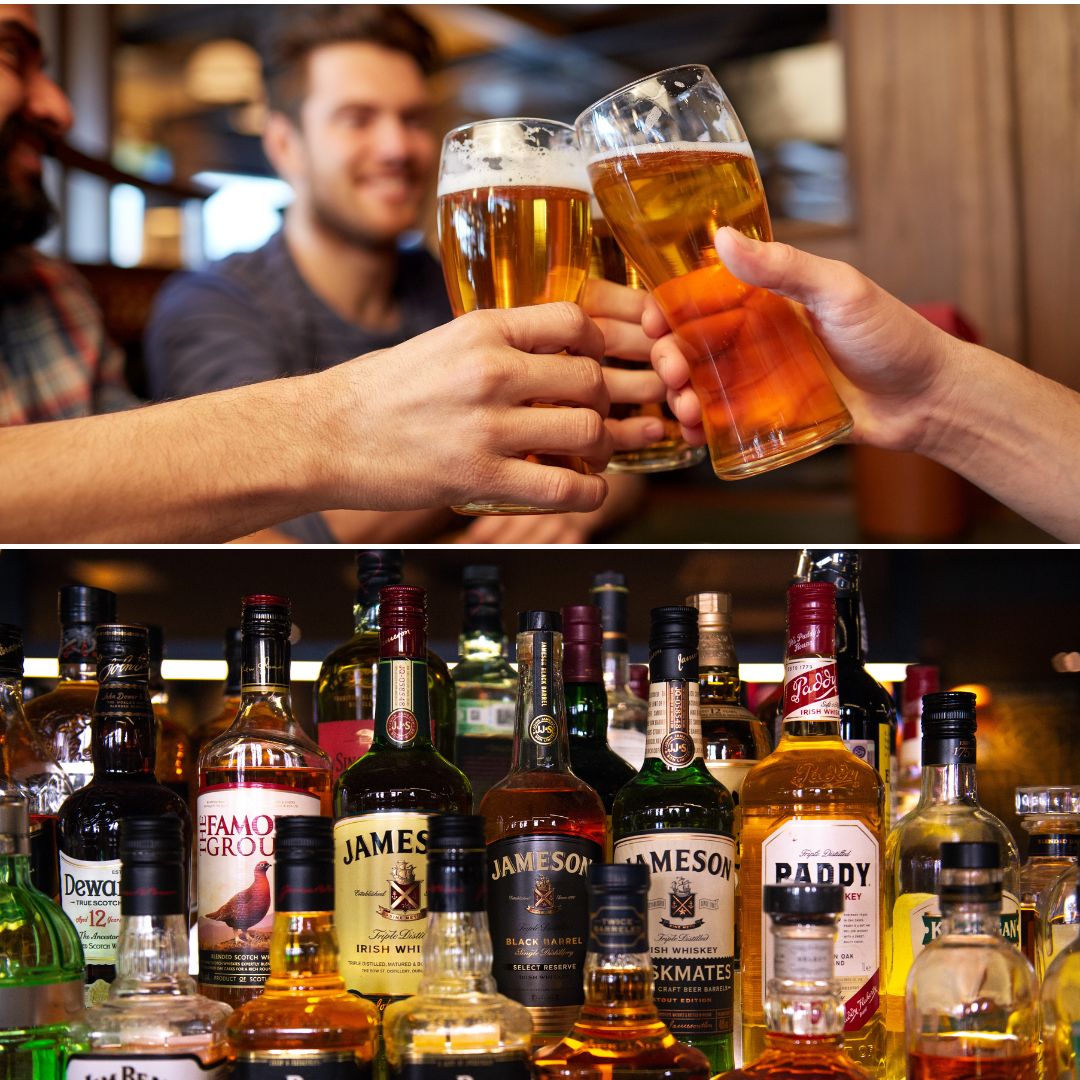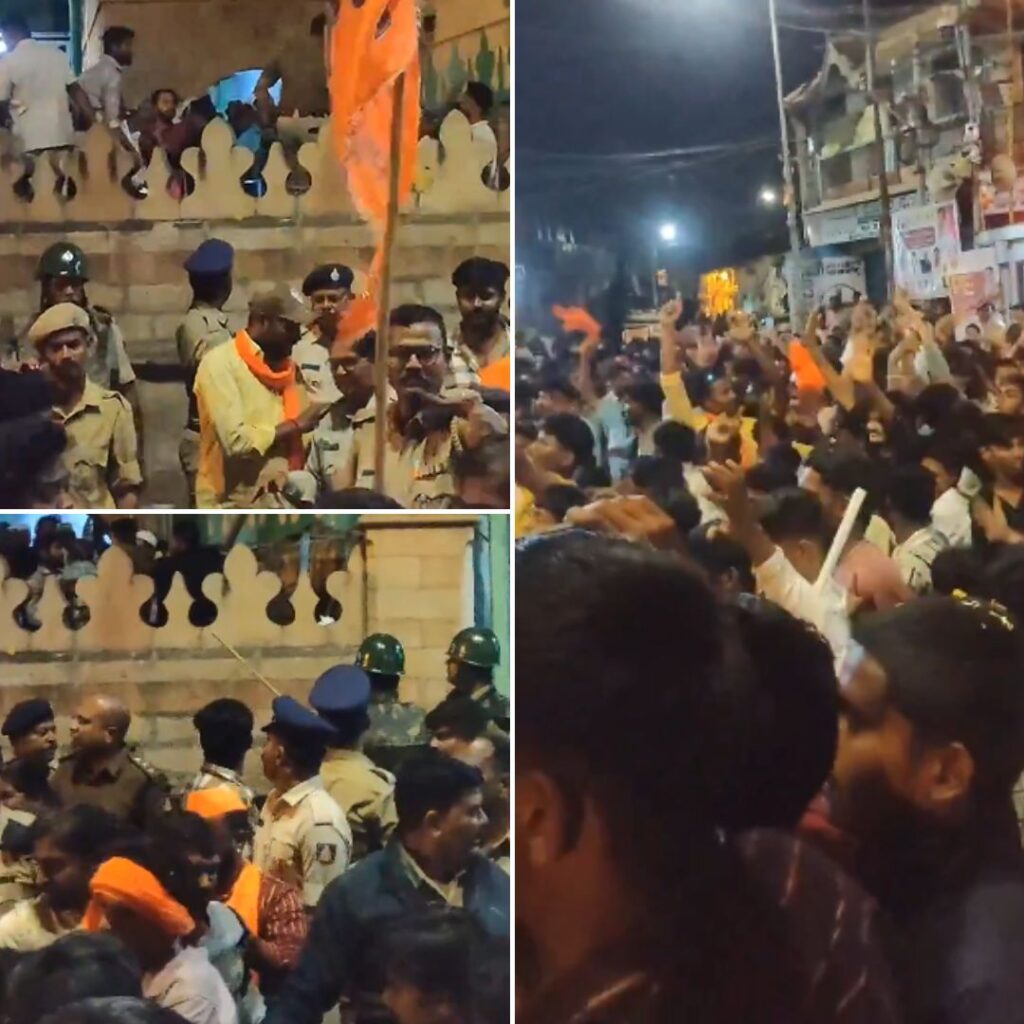Southern states Andhra Pradesh, Karnataka, Kerala, Tamil Nadu, Telangana, and Puducherry have dominated Indian-Made Foreign Liquor (IMFL) sales with 23.18 crore cases sold, accounting for 58% of the national total for the financial year ending March 31, 2025. Karnataka tops with 17% share, Tamil Nadu follows closely.
Despite an overall 1.4% decline in IMFL whisky sales nationally, the southern region maintains strong growth amid excise policy challenges and economic impact from elections. Industry bodies and officials emphasise continued dialogue with states to address taxation and regulatory hurdles.
Southern States’ Market Command: A Statistical Overview
The Confederation of Indian Alcoholic Beverage Companies (CIABC) data reveals near-complete dominance of the southern region in the IMFL sector. Karnataka recorded sales of 6.88 crore cases, securing the top position nationally, while Tamil Nadu followed with 6.47 crore cases.
Telangana and Andhra Pradesh each contributed about 9% of the market, and Kerala ranked seventh with 2.29 crore cases. Puducherry saw a notable 10% growth with 0.28 crore cases sold. Southern states’ overall growth stood at almost 1%, showcasing their resilience despite sector-wide challenges.
Regional Sales and Broader Market Trends
While the southern region accounts for the largest share, the northern part of India contributed 20% of IMFL sales led by Uttar Pradesh with 2.5 crore cases. The western region added 12% with Maharashtra at the forefront consuming 2.71 crore cases, while the eastern region’s share was 10%, headed by West Bengal at 1.49 crore cases. Sales dipped significantly in Punjab and Jammu & Kashmir.
The industry faces hurdles including high state levies and policy changes like the Maharashtra MML, impacting growth. Nevertheless, premium and luxury segments, particularly whiskies, demonstrate strong performance and consumer interest during FY25.
The Logical Indian’s Perspective
The dominance of southern states in IMFL sales reflects diverse socio-economic realities and consumer preferences. While economic activity should be encouraged, it is imperative to engage in responsible consumption dialogue and mitigate social harms.
The Logical Indian advocates maintaining a balance between industry growth and public health. We invite readers to consider how policies and community awareness can jointly foster a culture of responsible drinking while supporting livelihoods.












